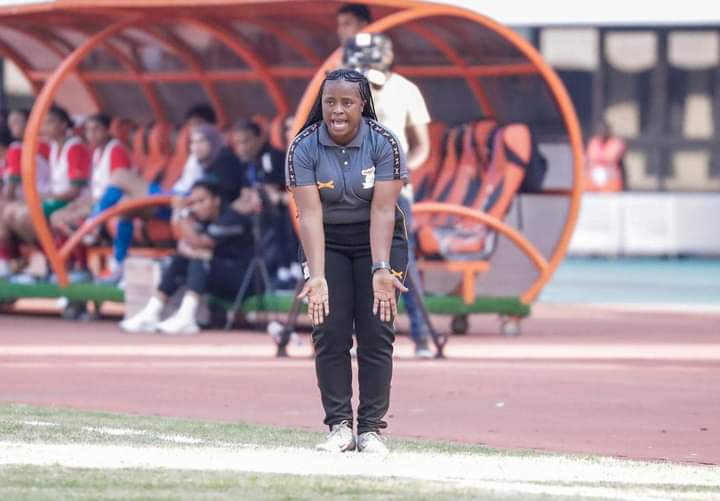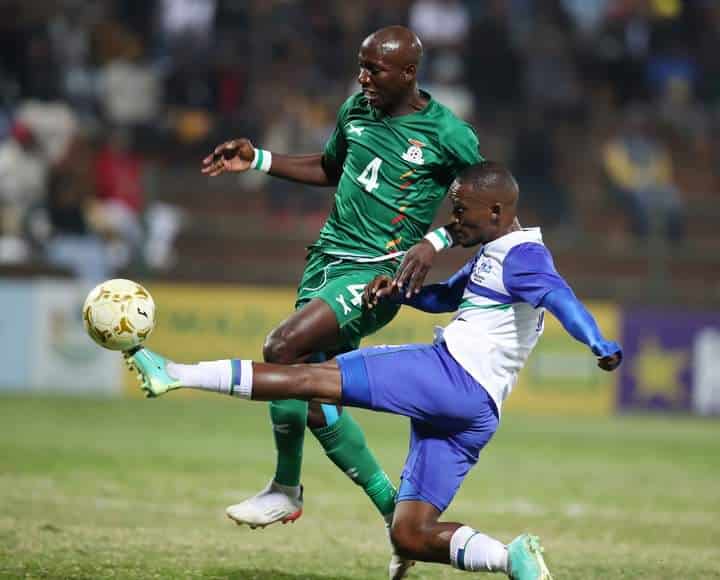FIFA Football For Schools launched in Uganda by FUFA.
Programme aligns with Uganda’s sports-integrated education curriculum.
50 teachers trained to spread grassroots football knowledge.
Focus on safeguarding and life skills in training.
The FIFA Football For Schools Programme commenced in Uganda on Sunday, marking a significant step towards integrating sports with education. Held at the FUFA Technical Centre in Njeru, the three-day event was inaugurated by Sammy Odongo, Assistant Commissioner of Physical Education and Sports from the Ministry of Education and Sports. This event signifies a collaboration between local football authorities and FIFA, aimed at fostering the development of young talent.
Inauguration and Key Attendees
The inauguration saw a gathering of key figures in Ugandan football. FUFA President Hon. Magogo Moses Hassim was represented by FUFA First Vice President Justus Mugisha. He was joined by FUFA Executive Committee Member and Executive Secretary for Football Development Ronnie Kalema, FUFA CEO Edgar Watson, and FUFA Deputy CEO-Football Decolas Kizza. Other notable attendees included FUFA Football Development Director Ali Mwebe, FUFA Education Officer Jackson Nyiima, and FUFA Women Football Development Manager Joan Namusisi.
The FIFA delegation was led by Chief Member Associations Officer Kenny Honore Jean Marie and included Football For Schools Manager Antonio Buenano Sanchez, Technical Consultant Alberto Giacomini, and Associations Africa Regional Coordinator Sousa Silmara.
Grassroots Football Development
Justus Mugisha expressed profound gratitude to FIFA for initiating the programme, emphasizing its pivotal role in grassroots football development. “We are very grateful to FIFA for this initiative because it targets a crucial stage in football development. By the end of the Programme, participants will gain valuable knowledge which they will then share with other games teachers in their regions,” Mugisha stated.
This initiative aims to create a ripple effect, whereby trained participants disseminate their newfound expertise to further nurture young talent across Uganda. The programme underscores the importance of grassroots development as the bedrock for future football excellence.
Alignment with Uganda’s Education Curriculum
Sammy Odongo, the Guest of Honour, highlighted the synergy between the FIFA Football For Schools Programme and Uganda’s new education curriculum. “The government, through the Ministry of Education and Sports, has incorporated sports into the new curriculum. The FIFA Football For Schools Programme is timely, and we appreciate both FUFA and FIFA for this effort,” Odongo said.
The integration of sports into the curriculum reflects a broader understanding of the role of physical education in holistic development. By merging academic and athletic pursuits, Uganda aims to foster well-rounded individuals equipped with both intellectual and physical prowess.
Programme Genesis and Objectives
Kenny Honore Jean Marie of FIFA explained the genesis of the Programme, emphasizing its mission to unite Member Associations and Governments through Education and Sports Ministries. The goal is to use football as a medium to impart life skills to students, promoting not only athletic development but also personal growth and social responsibility.
Training and Certification of Teachers
FUFA selected 50 games teachers from its eight regions to participate in the workshop. These teachers are undergoing intensive training by FIFA experts and will become certified trainers upon completion. This certification enables them to train other games teachers in their respective regions, ensuring the programme’s sustainability and broad impact.
Participants are being introduced to the FIFA Football For Schools Online Platform (App), which contains educational content to help them plan and execute training sessions for players aged 4-14. This digital tool is crucial for modernizing coaching techniques and making training more accessible and effective.





